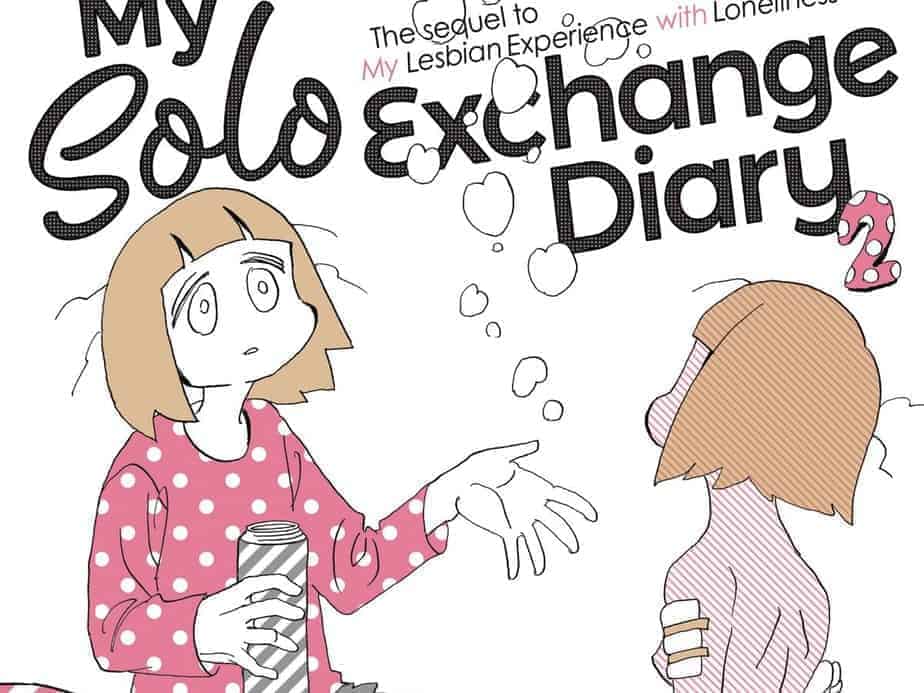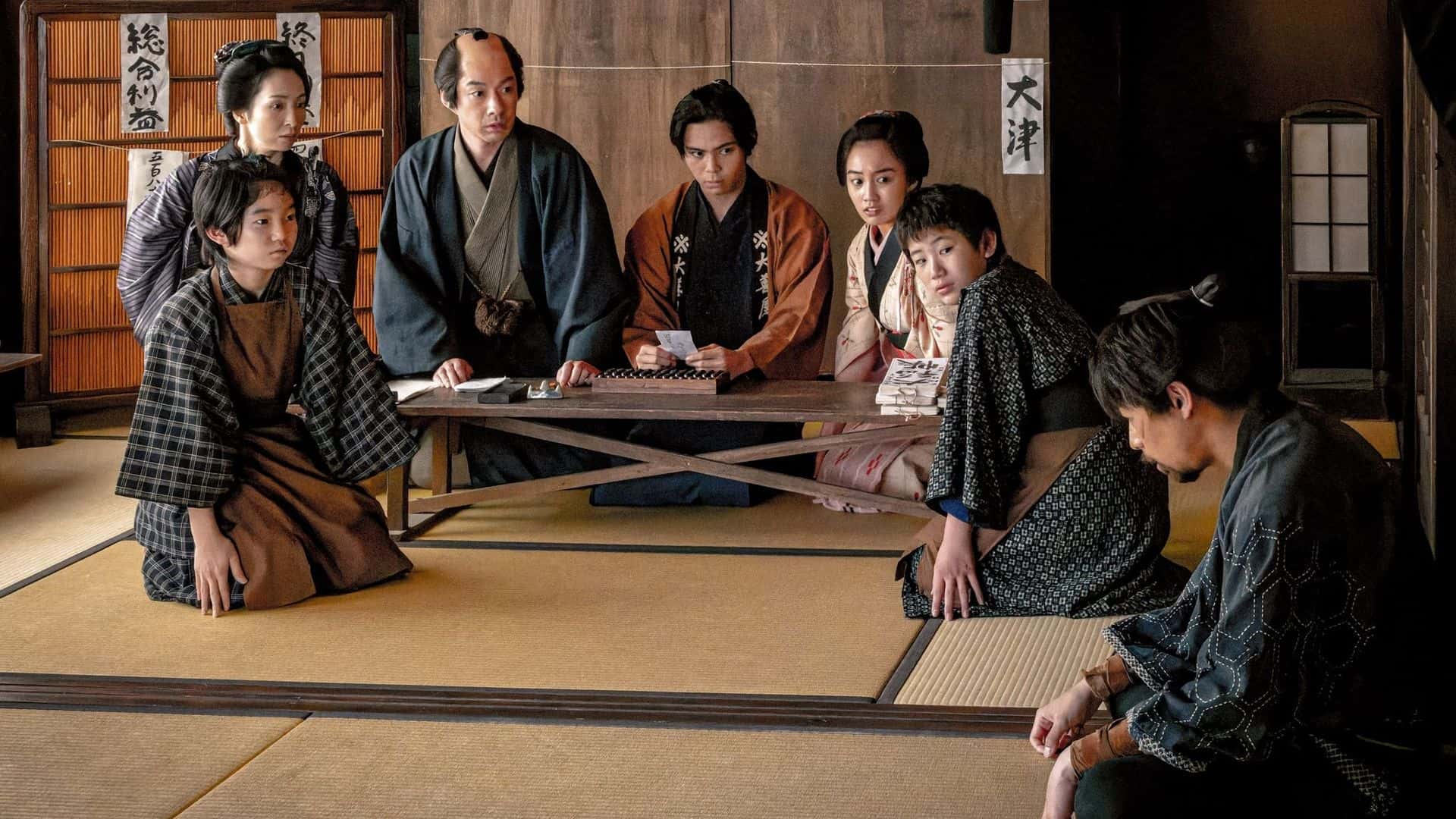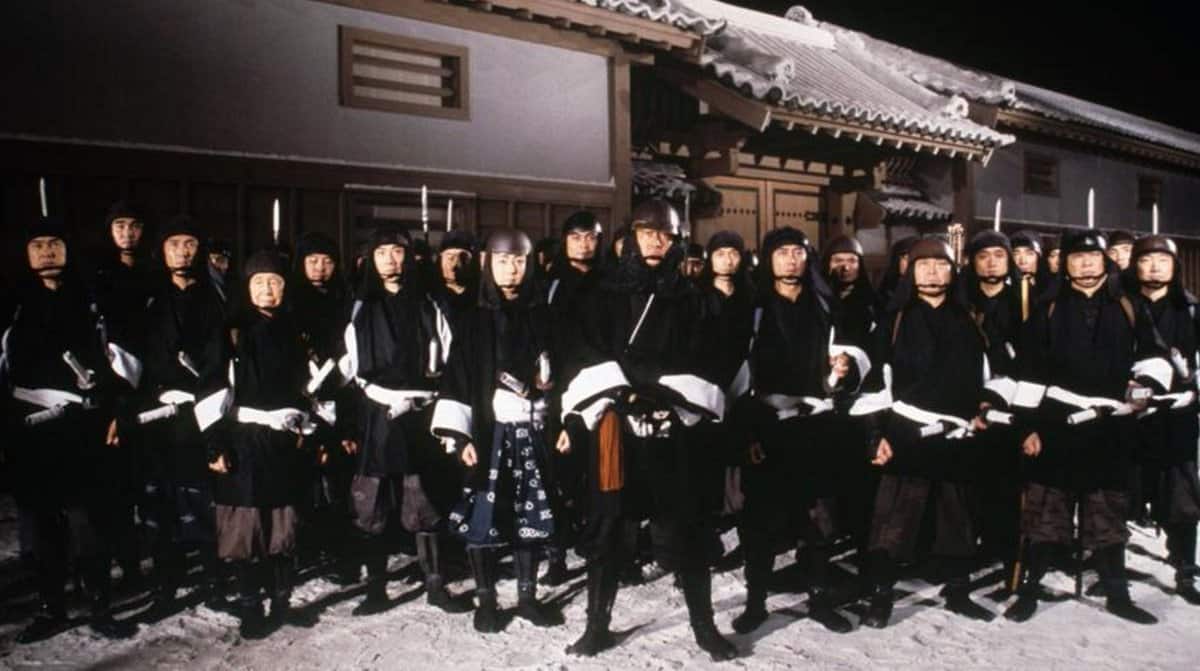Taking place around the release of “My Lesbian Experience With Romance”, Nagata Kabi's follow up further chronicles the mental struggles of the young mangaka. Her troubles, which manifest through problems within her immediate family, bleed over into her friendship and her constant quest for validation from anyone. Once again, Kabi's life and all her struggles are examined under the toughest critic of all, herself.
Buy Volume 1 & 2

Nagata Kabi's first release proved to be a a cult hit, presenting an honest self assessment of a struggling mangaka trying to escape loneliness in the arms of another. After the success of her debut, some may be lead to think that she would be able to overcome life and personal struggles, when rewarded with the validation that was, previously, desperately craved. However, and not surprising to those who have an understanding of depression and anxiety, success leads to new set of fears and problems that become the focus of “My Solo Exchange Diary”.
Undeniably, the major draw to the work of Kabi comes from her ability to speak so candidly about her problems, as well as the ability to bring in readers who may have faced similar adversity. Adding to the sense of open dialogue, every uncomfortable issue from substance abuse, self harm, and crippling depression is explored in detail. These struggles did appear in the mangaka's debut, but the intense emotions feel heightened by the creator's newly found notoriety. Notably, the struggle with family becomes a driving force in a lot of conflict, as Kabi's parents are faced with their daughters true feelings about them on release of her debut. Overall, the family relationship becomes a predominant theme, which also wonderfully transitions into some of the more heartwarming and affirming sequences.
In observing someone struggle, there can, at times, be a sense of voyeurism, which if unchecked, can make light of the subject of mental health or cause problems for other sufferers. This moral issue can plague many forms of media that aim to discuss it in such an open manner. Thankfully, the approach taken by Kabi, besides being an actual account of one own's issues, manages to create a positive dialogue with the readers to help offer a cathartic experience.

The narrative structure invites audiences to interact with the mangaka through two different means. Firstly, the dialogue is delivered largely through question the author poses to themselves. It is in this approach that the subtext becomes important, as the statements don't hold a judgmental tone when looking at mental health. Certainly the character is hazardously critical of herself, expressing a lot of self hate, but it is approached with tact that understands the effect such harsh words can carry if used to generalize mental health struggles. Ultimately, sincerity is one of the biggest steps in addressing these issues, and “My Solo Exchange Diary” shows a perspective that many sufferers would like for people to better understand. It is not judgmental, but observational, which is a key component to properly exploring and explaining mental health.
Additionally, and more subtle in approach, the sense of participation with the troubled mangaka's life comes through in her interactions with fans within her work. This comes from many panels which show her scouring online or interacting with people over social media, either for advice or in a bid for validation for her work. Furthermore, some of the e-friends she goes to meet in real life show close ties and support from her fans. Consequently, the manga gives the impression of being made in participation with its audience, either through direct interaction or placing themselves as her fanbase cheering her on through her turmoil.
The art style, although feeling sincere and raw in its biographical nature, is not a major draw to the work. Sadly, there is a lack of defining panels that showcase the best work of the illustrator. However, there are certain touches that add some unique depth to the addition, particularly the utilization of pink shade to portray depth and shade. Additionally, in emotionally fueled moments, the simple approach does add a sense of tragedy to the works, as shaky lines give the impression it could have been drawn in an emotional state. Overall, the art has some subtle charm, but will still detract some in its simplicity.
“My Solo Exchange Diary” is a highly personal work, one which shows the worse of mental health struggles. This will undeniably create a bit of a divide, as a certain degree of empathy is required towards mental health in general, in order to see Kabi as an engaging persona. However, to those who can relate or have had friends or family with similar experience, it is a deeply inviting look into the world of mental maladies. Kabi's work has certainly seen a fair share of praise (Both “My Lesbian Experience” and “My Solo Exchange Diary”) and its delicate and earnest approach to self discovery makes the accolades feel deserved. For many this will be an ideal, possibly therapeutic, experience that should not be missed.















